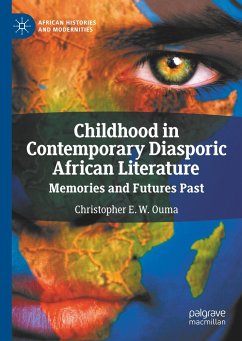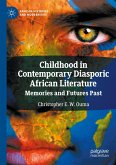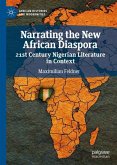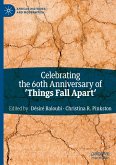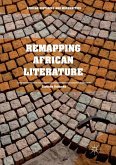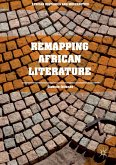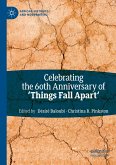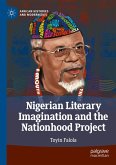This book examines the representation of figures, memories and images of childhood in selected contemporary diasporic African fiction by Adichie, Abani, Wainaina and Oyeyemi. The book argues that childhood is a key framework for thinking about contemporary African and African Diasporic identities. It argues that through the privileging of childhood memory, alternative conceptions of time emerge in this literature, and which allow African writers to re-imagine what family, ethnicity, nation means within the new spaces of diaspora that a majority of them occupy. The book therefore looks at the connections between childhood, space, time and memory, childhood gender and sexuality, childhoods in contexts of war, as well as migrant childhoods. These dimensions of childhood particularly relate to the return of the memory of Biafra, the figures of child soldiers, memories of growing up in Cold War Africa, queer boyhoods/sonhood as well as experiences of migration within Africa, North America and Europe.
"The book's arguments are lucidly presented and clearly demonstrated in the literary analyses across the chapters." (Daniel Chukwuemeka, The Black Scholar, Vol. 51 (4), 2021)
"A very detailed historiography of childhood in African literature. ... The book is not only an important addition to African literary childhood scholarship, it is also a much-needed contribution to memory studies in and on Africa. ... Childhood in Contemporary Diasporic African Literature: Memories and Futures Past is an important work; it is an excellent addition to African literary scholarship." (Sakiru Adebayo, Research in African Literatures, Vol. 51 (2), 2020)
"A very detailed historiography of childhood in African literature. ... The book is not only an important addition to African literary childhood scholarship, it is also a much-needed contribution to memory studies in and on Africa. ... Childhood in Contemporary Diasporic African Literature: Memories and Futures Past is an important work; it is an excellent addition to African literary scholarship." (Sakiru Adebayo, Research in African Literatures, Vol. 51 (2), 2020)

